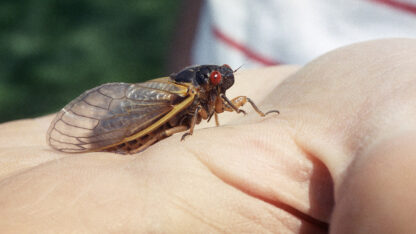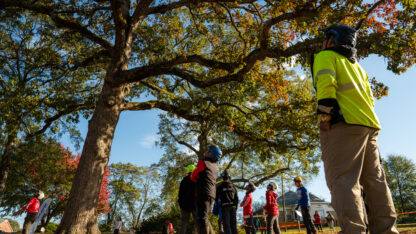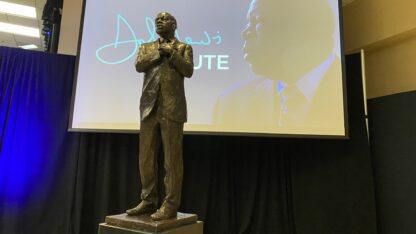Atlanta nonprofit Park Pride announces $3.9 million in funding
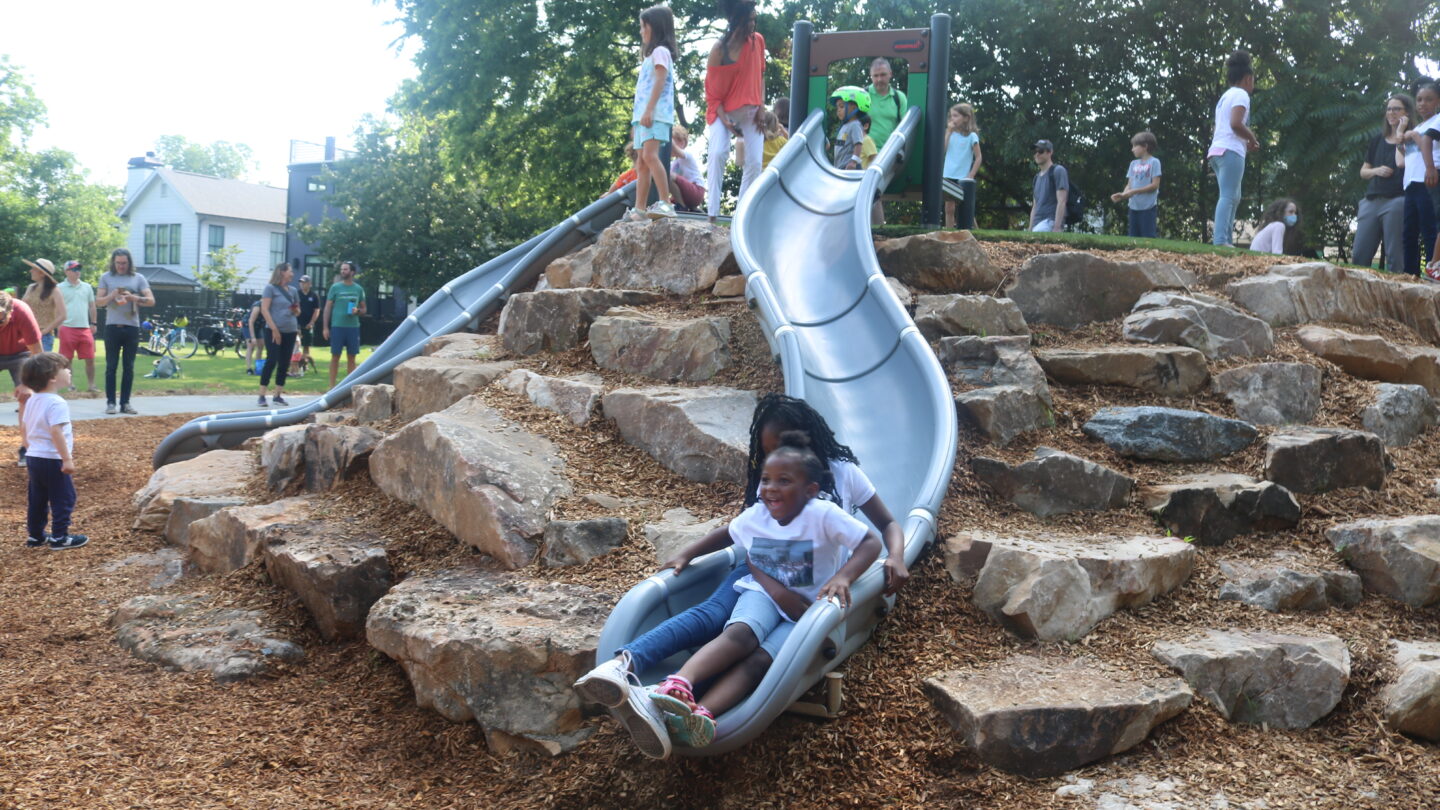
A local nonprofit is granting Metro Atlanta almost four million dollars for improvements for parks.
The grants are allocated to 37 parks and are geographically spread throughout all of Atlanta’s city council districts, with a few locations in DeKalb County.
About half of the funds are going to historically disinvested communities, defined by the United States Census as areas where more than 50% of residences are at or below 80% of the Area Median Income.
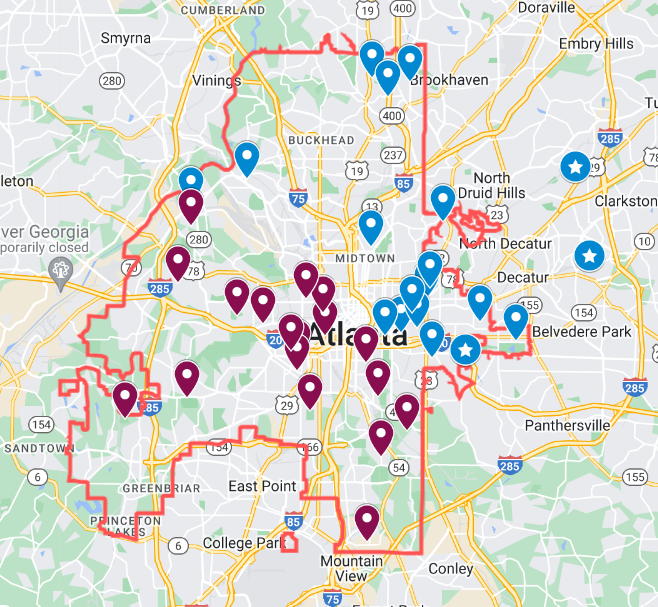
This is Park Pride’s largest-ever investment, a mix of private and public funding.
The organization, founded in Atlanta 35 years ago, connects friends of the park groups – neighbor groups that support parks – with funding.
While the grants are a big chunk of change, Michael Halicki, executive director of Park Pride, said it’s also about something larger.
“This is not just about money,” he said. “It’s really about communities having a voice and having a say.”
Halikci says that the grants are all about the communities spurring improvements, with the niche of Park to meet the needs of communities who feel as though the city has not given them adequate support.
The projects are wide-ranging. At Cascade Springs, a nature preserve in Atlanta, the executive director said that money has been allocated to provide some safety improvements for visitors to reach the waterfall and the overlook.
During the early days of the COVID-19 pandemic, the springs saw a dramatic increase in traffic. An earlier part of the grant focused on ADA access, and this is carried forward to the waterfall.
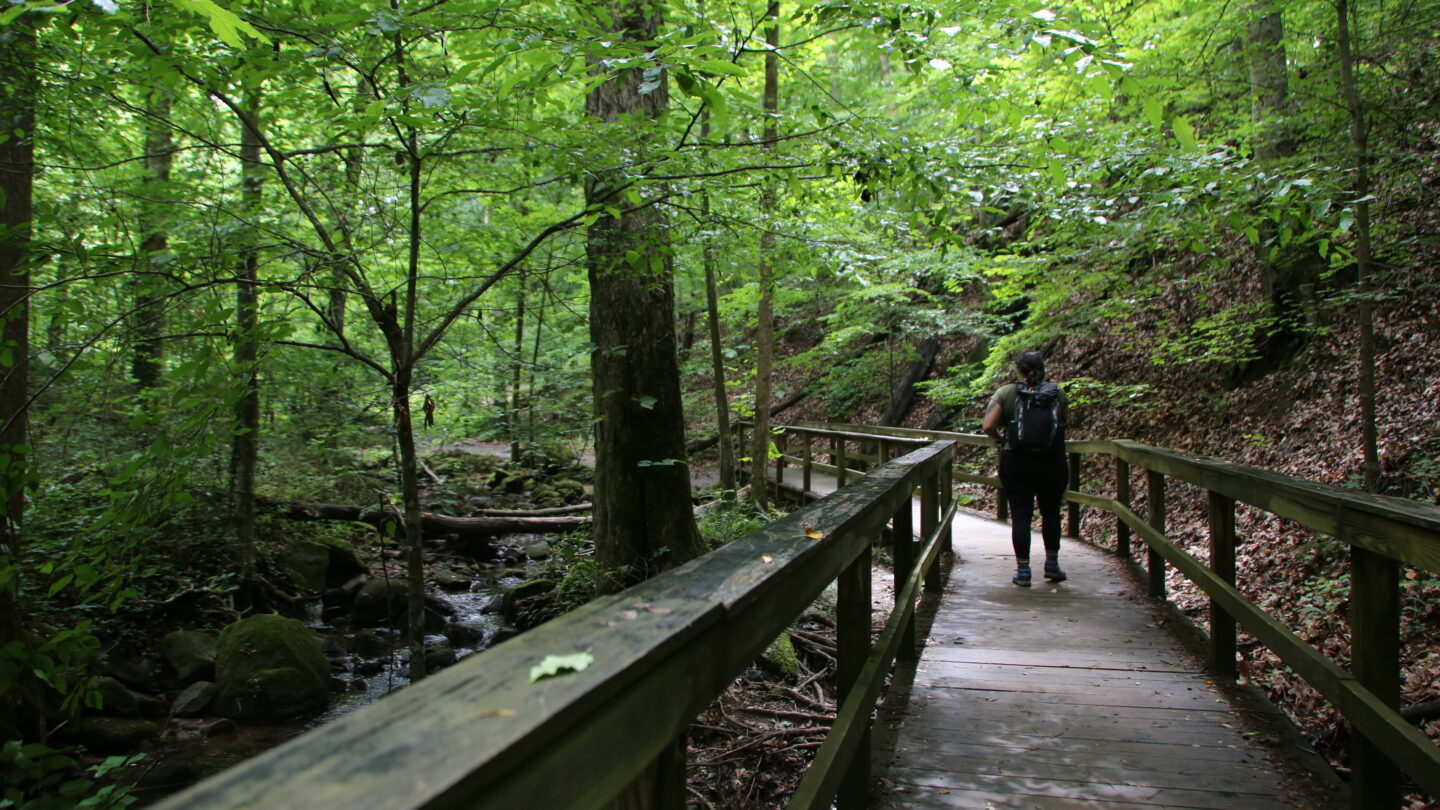
There are also much smaller scale projects, such as Freedom Park, which applied for grant dollars largely to fund trash cans along the park.
Halicki said the most important part is that the projects and funding are requested and led from the communities themselves.
“All these projects are community led, so every single one of the grants we’ve awarded has a friends group or conservancy that’s requesting,” he said.
“If the community is not just a stakeholder in the room, but really at the table driving the actual improvements, then Park Pride is not involved.”
Part of the work is also helping these neighborhood groups through the grant application process the first time around.
Halicki said that Park Pride realizes that there are parts of the process, like visioning and planning park master plans, that might be tough for community groups at first and which staff can help prepare.
Helping coach groups through the process allows them to fulfill grant requirements and have actionable plans. It also ensures groups are still front and center in deciding what they want in their own neighborhoods.
To see a list of the grant recipient parks, visit here.
